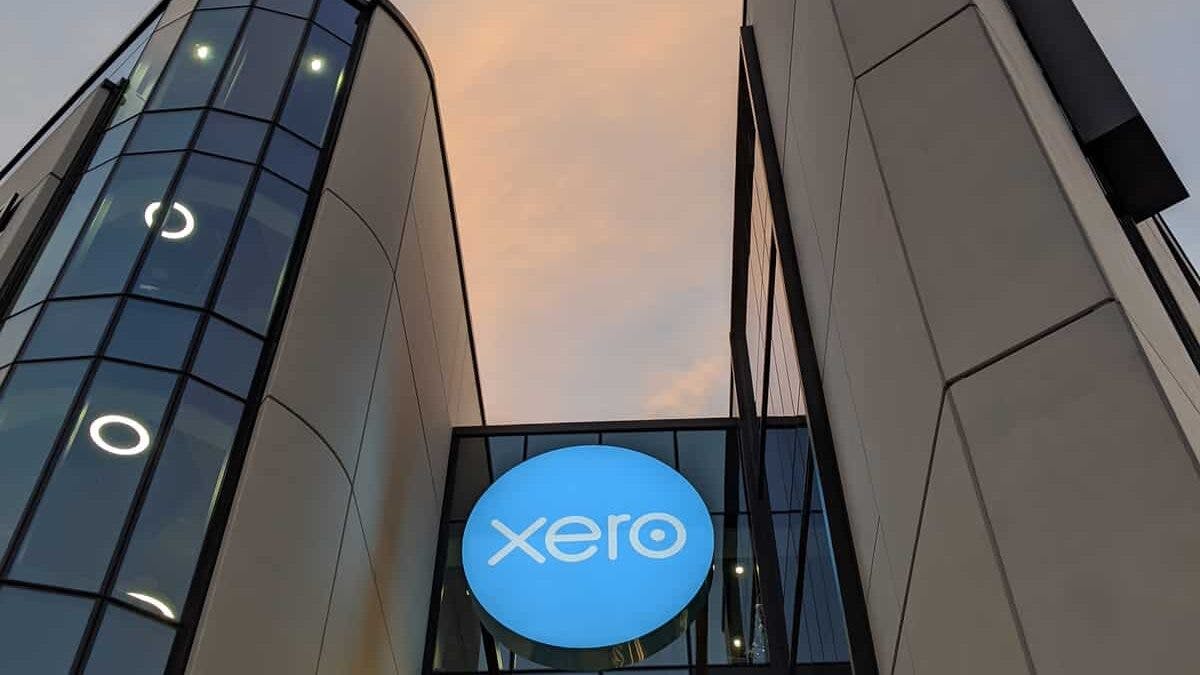Data released today by Xero produced as part of its Small Business Index shows that small businesses began to recover in October. The Index rose five points to 94, reaching its highest point in three months. The change is primarily attributed to the easing of lockdown restrictions in NSW, the ACT and Victoria during the month.
The Index showed only a small increase on September’s numbers, keeping overall SME performance below average for three consecutive months. However, the data provides a positive early indication of what to expect in the coming months as businesses find their feet.
Sales slow down
Sales growth slowed in October to 4.4 per cent, compared to an increase of 8.2 per cent recorded in September. This trend indicates that sales growth continued to hold firm, despite the lockdowns imposed on major states throughout September.
All states experienced a growth slowdown in October. Despite lockdown restrictions easing from 21 October, Victoria continued to be particularly impacted, with sales growing by just 0.6 per cent. Sales growth in NSW was 4.8 per cent, while Tasmanian growth weakened from 10.4 per cent in September down to 1.9 per cent sales growth in October.
Joseph Lyons, Managing Director Australia and Asia, Xero said, “The latest Xero Small Business Index data highlights how it’s likely it will take a while for small businesses impacted by lockdowns to get back on their feet. As we lead into the festive season and summer holidays, it’s really important that Australians continue their support of small businesses, shopping locally wherever they can.”
Now that businesses in NSW, the ACT and Victoria have reopened and have started their journey to recovery, they will need support throughout the festive season. With borders anticipated to be reopened on the east coast from 17 December, interstate support should give SMEs a vital boost. Historical Xero Small Business Insights data shows the longer restrictions are in place, the longer it takes for small businesses to bounce back.
Mr Lyons continued: “With density limits easing and borders reopening, it’ll also be great to see holidaymakers exploring their own backyard and supporting local tourism operators while doing so.”
Small business jobs improve
A modest rebound in small business jobs is a good indicator of what’s to come. Across the country, small business jobs rose 0.1 per cent in October. This represents a bounce back from September when growth fell into the negative. However, the national average continues to mask significant state differences.
While the jobs situation improved in the lockdown states as businesses reopened, growth remained negative, showing that small businesses continue to struggle. The ACT experienced a decline of-2.8 per cent, -2.3 per cent in Victoria and -1.2 per cent in NSW.
“It will take time for those heavily impacted small businesses to rebuild jobs, as they still deal with ongoing restrictions such as patron limits. The summer holiday period is a great opportunity for people to show their support for local hospitality and arts and recreation small businesses,” said Louise Southall, Xero Economist.
The data shows a different story in states spared from lockdown. Tasmania recorded negative jobs growth for the first time this year, down 0.2 per cent as border closures with the mainland start to bite into the crucial tourism sector. Meanwhile, Western Australia and Queensland once again record strong jobs growth at 5.1 per cent and 3.2 per cent, respectively.
“We were still witnessing a two-speed economy in October, despite restrictions lifting in NSW, the ACT, and Victoria. On the jobs front, Western Australia and Queensland continue to be our strongest performers. We will be keeping an eye on November’s results to see how quickly others can catch up,” added Mr Lyons.
Longer wait on payments
Xero’s data shows that small businesses had to wait on average 0.2 more days to be paid by customers in October. Companies, on average, waited 23.3 days for payment.
The late payments measure tracks the average number of days late that invoices are paid, down 0.1 days to 6.6 days, 3.3 days below the April 2020 peak.
Impact of the holiday season
As restrictions have further eased across NSW, the ACT, and Victoria in October, the XERO Small Business Index released in December will indicate how the economy will respond nationally and in individual states to the beginnings of the holiday season.
Mr Lyons said, “While we won’t know the full extent of the post-lockdown bounce back for a few months, it’s encouraging to see people in locked-down areas celebrate the easing of restrictions by backing small businesses.
“Whether dining at a local restaurant, queuing to get a long-awaited haircut or booking tickets for a comedy show, communities are showing their support for industries that bore the brunt of the pandemic.”
The impacts of the beginnings of the festive season and eased border restrictions across the country will be assessed in Xero’s next monthly update to be released in late December.
Read more: Four ways to protect your small business from invoice fraud
Read more: ACA monthly SME COVID tracker report: Small businesses sentiments continue to strengthen
Keep up to date with our stories on LinkedIn, Twitter, Facebook and Instagram.

